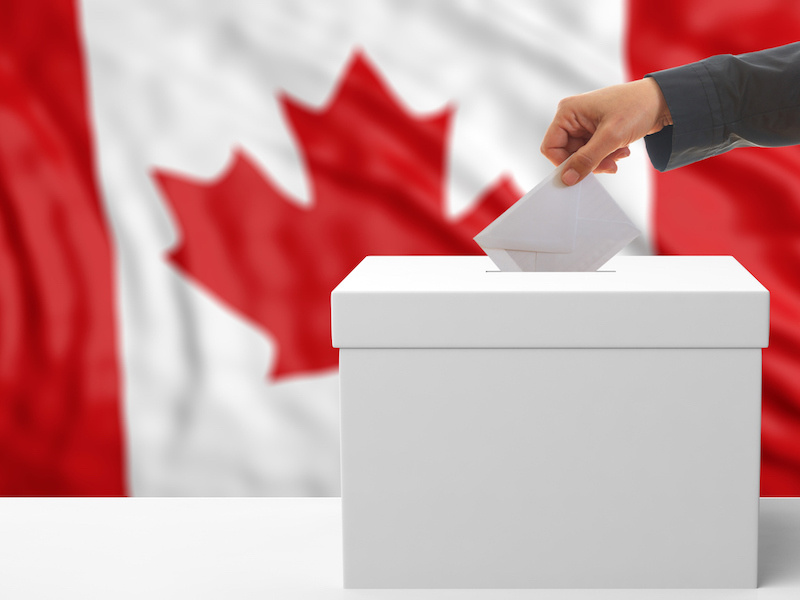
The party seat counts may be virtually the same when Parliament goes back to work this fall after the election nobody will admit wanting. But the political landscape will be almost unrecognizable.
There are plenty of lessons from Election 2021 — starting with the fact that the Prime Minister can no longer risk voters’ wrath by calling a snap election for simply wanting a majority.
Stephen Harper couldn’t do it in 2008 despite a demoralized opposition and a very intimidated press gallery, just as Justin Trudeau couldn’t. The electorate simply handed both men another minority.
Maxime Bernier’s People’s Party of Canada may not have won any seats in the House of Commons. But the election was a gift that enabled this right-wing populist tribe to take 5% of the vote on Sept. 20.
The PPC returned the favour to the Liberals by draining Conservative support in most provinces, including Fortress Alberta. In Ontario alone, the PPC played spoiler to the Tories in a dozen ridings. You could almost say Trudeau owes his prime ministerial posterior to the PPC.
So now Canada has its own northern Republicans with genuine Trumpist anger. And the Grits will have the PPC as a vote-splitter just as the Conservatives have been able to rely on the NDP to split the vote on the left.
At the same time, the Liberals will no longer be able to count on Quebec as the sure route to majority, thanks to the Bloc Québécois. Bloc leader Yves-François Blanchet has mastered the art of weaponizing Bill 21 and any suggestion of racism from English Canada to keep his party in the game.
In the coming months, the Conservatives may offer another gift to the Liberals just by being their cantankerous selves. Some of them didn’t even bother waiting for their leader to make his concession speech before brandishing the knives.
Thanks to party rules and conventions, there are a number of ways Conservatives can get rid of their leader. That’s why Erin O’Toole seemed to be re-auditioning for his job in an election night speech that didn’t have much concession, or humility.
The Ides of Erin will likely begin at the first meeting of the new Conservative caucus which, thanks to his predecessor, has the power to force a leadership review.
Another leadership race would mean another year as a lame-duck party.
It’s a good bet the party’s power brokers spent Tuesday on the phone debating whether to continue moving to the political centre, move back to the right or explore a merger with the PPC.
In other changes, 2021 likely will be remembered as the year younger voters became the dominating demographic.
Voters under 40 now account for 40% of the electorate and the lines of people waiting until early morning at downtown Toronto polling stations seemed to be mostly young urban voters.
The Liberal policy platform was clearly aimed at this demographic. That was likely why Fortress Toronto remained impenetrable to the Tories.
Don’t expect a tight fiscal policy from any party anytime soon. Younger voters expect government support such as the Liberal childcare program or assistance with housing just as the baby boomers did 40 years ago.
Up until the 2021 election, the Liberals were very much Trudeau’s party, just as they were his father’s party for the first eight or nine years of 16 years in office.
The way this election turned out may remind Liberals that even messiahs have a best-before date.
Midway through this election campaign, Sheila Copps, a Chrétien-era minister who still has considerable influence inside the party, wrote a column in The Hill Times that called on Trudeau to “get out of the way” and let other prominent Liberals have some visibility because of the PM’s overexposure.
There wasn’t much fallout, likely because she was going public with something others were privately thinking.
Trudeau won’t be making a quick exit. But he likely is at a point, after six years as PM, where he will soon have a rival in the background — just as John Turner was Pierre Trudeau’s behind-the-scenes rival after seven years in office — even if there is no obvious candidate to claim that role.
One final thought: Justin Trudeau is this election’s only actual winner. There was no way the opposition would have allowed him to continue until the legislated end of his term in October 2023. The opposition would have pulled the plug on minority government as early as next spring.
With this election, Trudeau has extended his mandate by at least a year, and he could theoretically be in office 10 years by the next election.
Welcome to the 2020s.